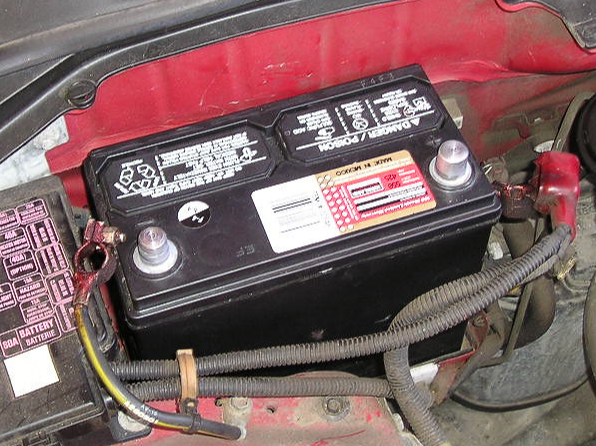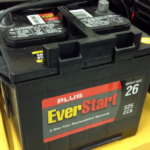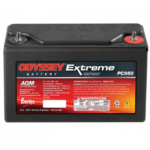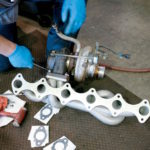A car battery is an essential component of any vehicle. It provides the power needed to start the engine and keep the electrical systems running while the car is in use. There are several types of car batteries available in the market, and each has its own advantages and disadvantages. In this article, we will discuss the various types of car batteries and their features.
Lead-Acid Batteries
Lead-acid batteries are the most common type of car battery. They have been in use for over a century and are known for their reliability and affordability. These batteries contain lead plates submerged in an electrolyte solution of sulfuric acid and water. When the battery is charged, a chemical reaction occurs, producing the necessary energy to power the car.
Features
- Affordable
- Reliable
- Easy to maintain
- Widely available
- Can hold a charge for a long time
Disadvantages
- Heavy
- Prone to damage if not properly maintained
- Can release harmful gases when charging
Absorbent Glass Mat (AGM) Batteries
AGM batteries are a type of lead-acid battery that uses a fiberglass mat to hold the electrolyte solution. The mat absorbs the solution, making the battery spill-proof and able to withstand vibration better than traditional lead-acid batteries. AGM batteries are commonly used in high-performance vehicles and in cars with advanced electrical systems.
Features
- Spill-proof
- Can withstand vibration and shock better than traditional lead-acid batteries
- Can be mounted in any position
- Can handle high electrical loads
Disadvantages
- Expensive
- Sensitive to overcharging
- Not widely available
Lithium-Ion Batteries
Lithium-ion batteries are a newer type of car battery that uses lithium ions to store energy. They are commonly used in electric and hybrid vehicles. Lithium-ion batteries are known for their high energy density, which means they can store a lot of energy in a small space. They are also lighter and more efficient than lead-acid batteries.
Features
- Lightweight
- Efficient
- High energy density
- Long lifespan
Disadvantages
- Expensive
- Requires specialized equipment to charge
- Can be dangerous if not handled properly
Nickel-Metal Hydride (NiMH) Batteries
NiMH batteries are another type of rechargeable battery commonly used in hybrid vehicles. They are similar to lithium-ion batteries but use a different type of chemistry. NiMH batteries are known for their reliability and long lifespan. They are also more environmentally friendly than other types of batteries.
Features
- Reliable
- Long lifespan
- Environmentally friendly
Disadvantages
- Heavy
- Lower energy density than lithium-ion batteries
- Can be difficult to dispose of properly
Conclusion
Choosing the right type of car battery depends on several factors, such as the type of vehicle, the climate, and the electrical system requirements. Lead-acid batteries are the most common type of car battery and are known for their reliability and affordability. AGM batteries are spill-proof and can withstand vibration better than traditional lead-acid batteries. Lithium-ion batteries are lightweight and efficient, making them ideal for electric and hybrid vehicles. NiMH batteries are reliable and environmentally friendly, but they are heavier and have a lower energy density than lithium-ion batteries. Ultimately, it is important to choose a car battery that meets the specific needs of the vehicle and provides the necessary power for optimal performance.








